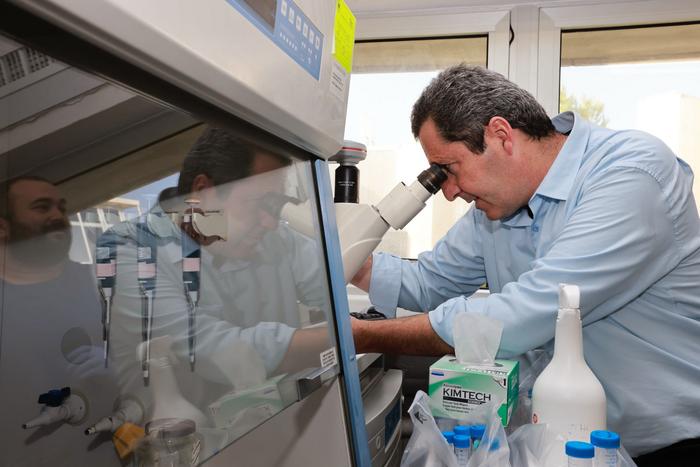Sandboxes are controlled environments, usually running for limited periods, that enable businesses, academics and regulators to collaborate on designing new rules, standards and guidance.
Cultivated meat is made in fermentors instead of by farming animals. It has been authorised for sale in countries including the United States, but not in the UK, where the FSA is currently reviewing a number of applications.
The Department for Science, Innovation and Technology (DSIT) has announced a £1.6m fund for the FSA and Food Standards Scotland (FSS), for the sandbox programme for cell-cultivated products, in order for them to conduct a rigorous safety assessment of any cultivated meat product before it can be sold in the UK.
The new funding will enable the FSA and FSS to make informed decisions about product safety and guide companies on how they can effectively demonstrate that their products and processes are safe, in line with the UK’s existing novel foods regulatory framework.
This follows news from DSIT at the end of 2023 that it would be create three to five sandboxes to support robust safety investments of alternative proteins from cultivated meat to plant-based options.
Professor Robin May, chief scientific advisor at the FSA said: “Ensuring consumers can trust the safety of new foods is one of our most crucial responsibilities. The CCP sandbox programme will enable safe innovation and allow us to keep pace with new technologies being used by the food industry to ultimately provide consumers with a wider choice of safe foods.”
The Good Food Institute (GFI) Europe has welcomed the news, believing this could help grow the UK’s cultivated meat sector.
However, it stressed that while the sandbox is likely to improve the regulatory pathway for cultivated meat, it is not a solution to the long-term funding challenges facing the FSA’s regulated product service. It said that the FSA has frequently stated that its regulated product system is underresourced, with authorisations of new food and animal feed taking an average of 2.5 years.
Linus Pardoe, UK policy manager at the GFI Europe, said: “This announcement sends a clear message that the new government wants to capitalise on the strong investments made in British cultivated meat research and innovation over recent years by bringing products to market in a way that upholds the UK’s gold standard safety regulations.
“Cultivated meat could play a key role in boosting food security, driving growth and helping us hit our climate targets. The sandbox is a welcome measure, but to fully realise the potential of cultivated meat, ministers must also provide a long-term boost to the FSA’s budget, enabling regulators to complete robust risk assessments within statutory timeframes.”
Biotech company BSF Enterprise, which is working with various cultivated meat companies, welcomed the news.
“We would urge the UK Government to go further and faster when it comes to financially supporting companies at the forefront of tackling climate change and challenges around sustainability," said Dr Che Connon, managing director, BSF Enterprise.
"The food system is one of the biggest producers of greenhouse gas emissions and deforestation. Significant progress has been made in other countries, notably the US, in bringing products to market, and more steps must be taken, and at a quicker rate, to help fast track the regulatory approval of cultivated meat companies.”
Meanwhile, UK company Meatly announced earlier this year that its cultivated chicken pet food had been cleared for sale under a separate process overseen by the Department for Food, Environment and Rural Affairs.




